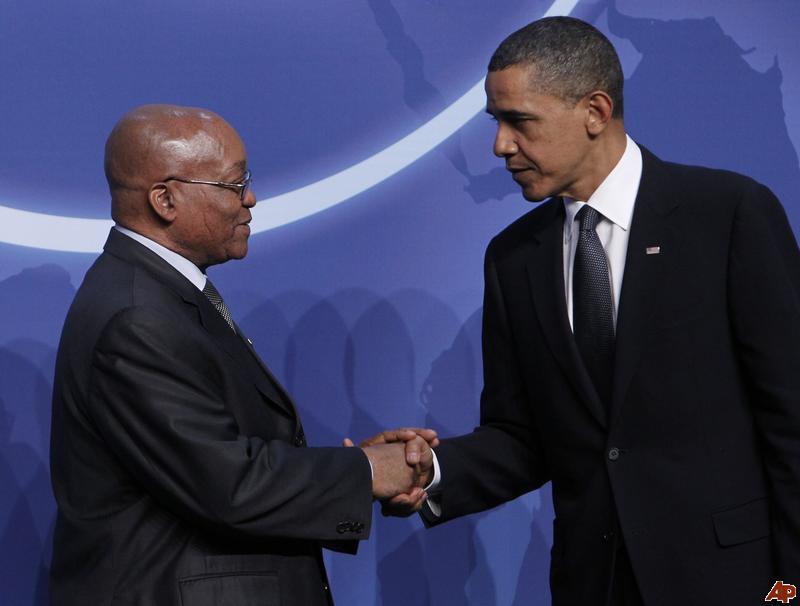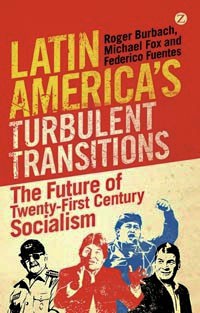Brazil
First reflections on the mass movement that has shaken Brazil

More than 1 million people protested across Brazil – in at least 80 cities – on June
Transiciones turbulentas en América Latina
Latin America's Turbulent Transitions: The Future of Twenty-First Century Socialism
Por Roger Burbach, Michael Fox & Federico Fuentes
Zed Books, 2013.
[English at http://links.org.au/node/3254. Haga clic aquí para más artículos en español.]
Por Richard Fidler
Latin America: Social movements map solidarity with ALBA alliance

By Federico Fuentes
May 27, 2013 -- Green Left Weekly -- An important summit of global significance, held in Brazil on May 16-20, 2013, has largely passed below the radar of most media outlets, including many left and progressive sources.
This summit was not the usual type, involving heads of states and business leaders. Instead, it was a gathering of social movement representatives from across Latin America and the Caribbean -- the site of some of the most intense struggles and popular rebellions of the past few decades.
This region also remains the only one where an alternative to neoliberal capitalism has emerged. Pushing this alternative is the Bolivarian Alliance of the Peoples of Our Americas (ALBA). Spearheaded by the radical governments of Venezuela, Bolivia, Ecuador and Cuba, it has eight member states, but seeks to relate to people's movements, not just governments.

Latin America's Turbulent Transitions: The Future of Twenty
BRICS: ‘Anti-imperialist’ or ‘sub-imperialist’?

South African President Jacob Zuma and friend.
Luis Bilbao: Hugo Chavez, internationalism and revolution

By Luis Bilbao

Whose turn to carve?
March 18, 2013 -- In Durban, South Africa, five heads of state meet on March 26-27, 2013, to assure the rest of Africa that their countries’ corporations are better investors in infrastructure, mining, oil and agriculture than the traditional European and US multinationals. The Brazil-Russia-India-China-South Africa (BRICS) summit will also include 16 heads of state from Africa, including some notorious tyrants. A new $50 billion bank will probably be launched.
BRICS bloc’s rising ‘sub-imperialism’: the latest threat to people and planet?

President Dilma Rousseff of Brazil, Russian President Dimitry Medvedev, India

